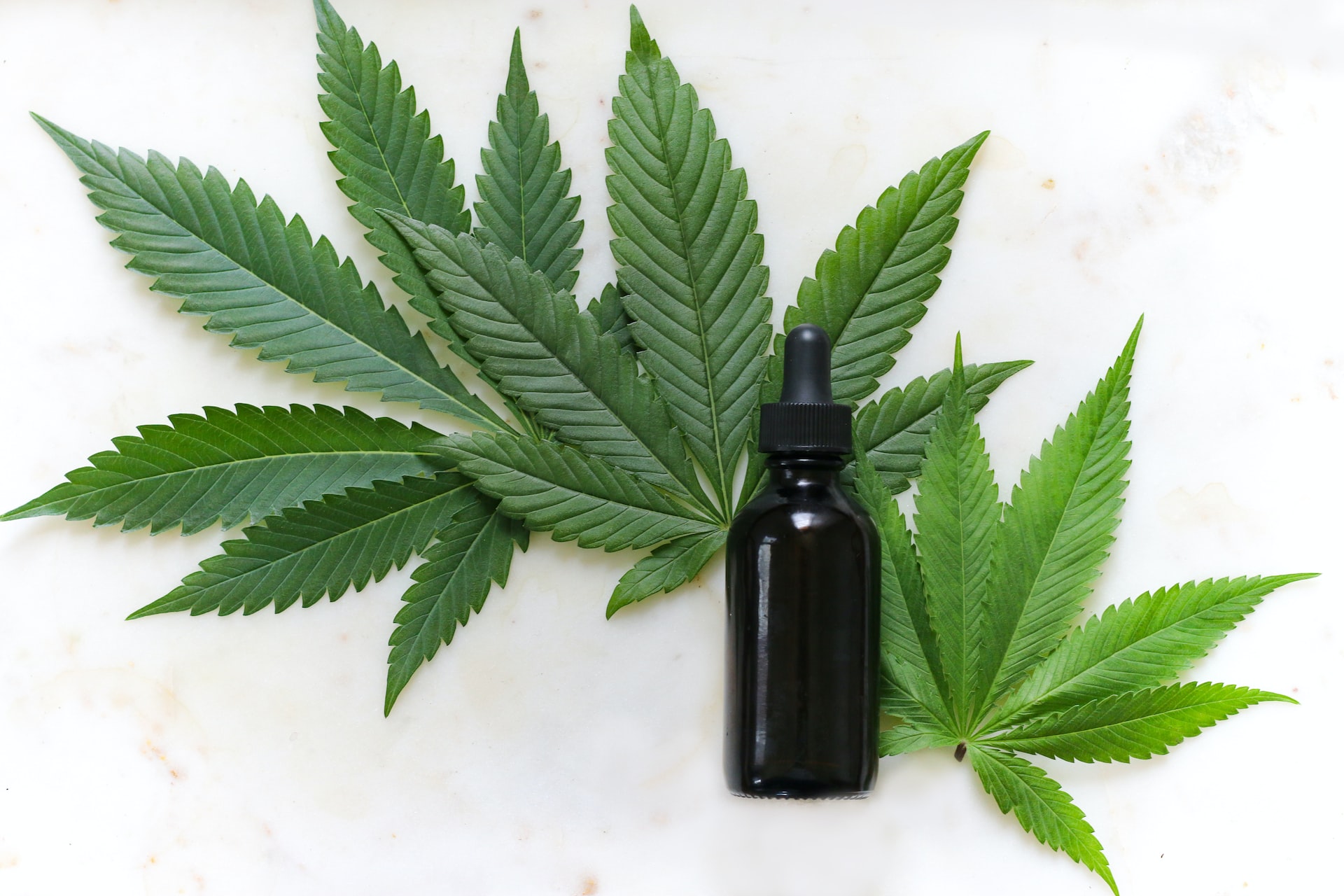
There is some controversy around delta eight thc. Whether it is marketed for medicinal purposes or not, the topic has raised some concerns. The tolerance for this form of THC is twice as high as for the delta-9 form.
Can you vape or eat delta-8 THC?
If you’ve heard of delta 8 thc pre rolls, you might wonder what it is and how you can get it. Delta-8 is one of the cannabinoids produced naturally by the cannabis plant. It’s not as potent as THC, but it has some euphoric effects.
Because of its lower potency, delta-8 is also less harmful than THC. However, too much can lead to anxiety and paranoia. In addition, delta-8 has been linked to lung damage.
When purchasing delta-8 products, look for the dosage on the product packaging. The concentration of the substance is usually listed in milligrams.
Many delta-8 products are marketed in ways that appeal to children, including candy bars, gummies, and soft gels. These products should be kept out of children’s reach.
Products are typically contaminated with heavy metals and pesticides, so consumers should be careful where they purchase them. Check if a third-party laboratory has tested the product to ensure you buy a safe product.
Some delta-8 products are manufactured from Hemp. However, Hemp is not regulated, so it is possible to get a product with contaminants.
Although it is legal to purchase and use cannabis in most states, some states have banned the sale of delta-8. There is not enough research to determine whether these products are safe for humans to consume.
Since the consumption of delta-8 carries the same risks as other cannabinoids, people should be aware of these risks. Using too much of the substance can cause psychosis and addiction.
While delta-8 THC is not as dangerous as THC, it is still considered a risk factor for cardiovascular diseases. Therefore, people with a history of heart problems should be careful with their substance.
The FDA is monitoring the market for emerging cannabis-derived products. They are also monitoring the market for adverse events related to products.
Tolerance to delta-8 THC rises twice as fast as tolerance to delta-9 THC.
Delta-9 THC and delta-8 THC are both tetrahydrocannabinol (THC). They are both derived from hemp plants. However, there are some differences between these two cannabinoids.
Delta-9 THC is more euphoric and more vital in its effect. It also substantially impacts the endocannabinoid system, which regulates feelings such as anxiety and stress.
Delta-8 THC is a little less potent than delta-9 THC. This means that it requires twice as much to produce the same effects. Nevertheless, regular use of delta-8 will lead to tolerance.
Despite the lower potency, the tolerance to delta-8 is surprisingly quick. That’s because the body tolerates a drug when taking a higher dose to achieve the same results.
Unlike delta 9 THC, delta 8 has a fragile effect on the endocannabinoid, and nabilone has been used to help AIDS patients cope with chemotherapy-induced nausea.
While there are no studies on severe or life-threatening side effects from delta-8, some short-term adverse effects may be associated with it. These include dry mouth, lethargy, and impaired motor functions. However, the delta-8 effects usually wear off within a few hours.
Several warning letters have been issued by the Food and Drug Administration (FDA) about the illegal marketing of products that contain delta-8. These products have been found to contain contaminants, such as heavy metal lead and nickel, and other impurities.
Some researchers suggest that delta-8 is not an over-the-counter drug but rather one reserved for use by medical researchers. Therefore, it should not be taken with prescription medications.
There are also concerns about how poorly regulated delta-8 THC is. Many manufacturers may not follow strict guidelines for manufacturing and packaging and may not ensure their product is free from contaminants.
Concerns about marketed delta-8 THC products
The Food and Drug Administration (FDA) recently warned consumers about the risks of purchasing Delta-8 THC products. According to the FDA, these products have not been evaluated for safe use. It is also possible that these products may contain contaminants.
While the FDA has issued warning letters, it is unlikely that these will stop the sale of delta-8 THC. A growing number of consumers are taking the substance.
One of the main concerns for public health professionals is the need for more regulation around delta-8. In addition, according to Dr. Leas, public health standards need to be established for manufacturing quality checks.
The FDA has received adverse event reports from consumers, healthcare practitioners, and law enforcement. Adverse events reported include vomiting, confusion, and hallucinations.
These reports are part of the National Syndromic Surveillance Program. Seventy-one percent of non-federal emergency departments participate in this program. Some reports indicate that these individuals have visited the emergency room for suspected exposure to delta-8.
Consumers and medical professionals are concerned about the potential for toxicities. As a result, some states are considering restrictions on the sale of delta-8.
According to the US Centers for Disease Control and Prevention, public health officials are concerned about a disease outbreak that could occur with the increased use of delta-8. As a result, the FDA has issued a warning letter to five companies selling unapproved drugs containing delta-8.
Consumers are urged to keep delta-8 products away from children and pets. This is because these products have been linked to accidental poisonings. In addition, they are marketed as hemp products and are usually packaged in ways that appeal to children.
The FDA has received numerous reports of adverse events related to delta-8, including tremors, confusion, and anxiety. Many of these reports involve children and pets.



